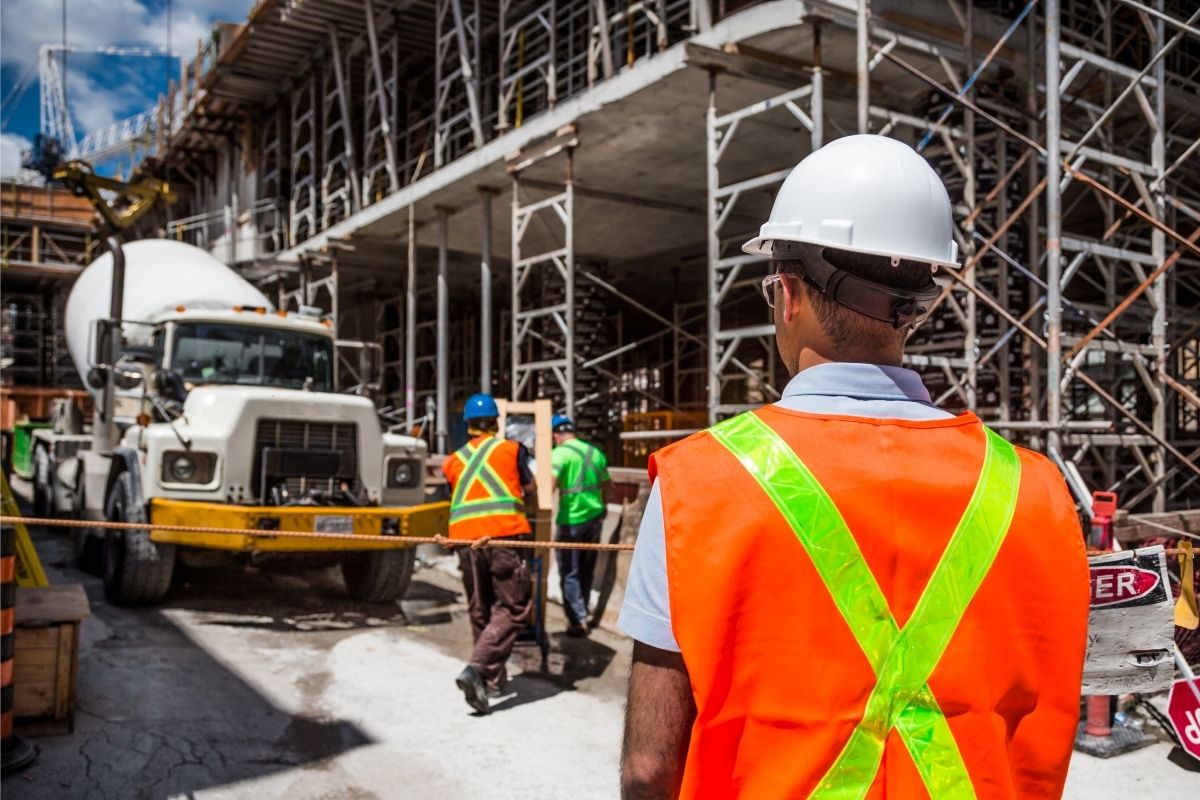
Construction bonds are required to be obtained before bidding on any project in the construction industry. A great place to start learning about construction bonds is by visiting websites that specialize in surety bonds.
Surety bonds are contracts between two parties. A surety bond is a type of insurance policy. It ensures the performance of a contract by guaranteeing payment of damages should the contractor fail to perform.
The surety is the insurance company that provides compensation to the obligees. The surety guarantees that the obligees will get paid if the principal does something wrong. Surety bonds protect the obligees from being harmed by the principal.
The maximum amount of money that would be paid out is the total amount of money that the surety promises the obligee to pay. Surety bonds provide incentives for the obligee to believe in the ability of the principal.
The surety pays the penal sum to the obligee and then looks to the principal for reimbursement. The law of a specific state manages surety bonds, while federal law dominates if the project is federally funded
Surety bonds also protect the project owner and the taxpayer/investor by guaranteeing completion and payment. A contractor license bond guarantees compliance with state laws concerning contractors.
A bid bond guarantees that the lowest bidder will be awarded the job. And a payment bond ensures that subcontractors who supply labor or materials will be paid before the general contractor receives payment.
Surety bonds are required by law for many types of business transactions. Government agencies require bonding for projects, and companies often bond themselves for these projects.
Some states require licenses and permits for professions, and some of those licenses and permits require bonding.
Bonding is used to protect clients from dishonest employees who might steal money or commit other crimes. Bonding is also used to protect people from having to pay if someone else fails to do what he promised.
Many Surety bond experts have a long-standing relationship with leading fidelity and sureties across North America, along with the ability to satisfy countersigning laws and meet client needs wherever in North America.
So, what different types of bonds are there?
A bid bond is a contract guarantee that a contractor will follow through with a bid. Contractors do not want to back out of a bid after winning because they could be liable for damages if they fail to fulfil the terms of the contract.
Project owners require a bid bond as a form of insurance that prevents contractors from backing out of contracts.
Bids should always be verified before being accepted, but this is often overlooked by contractors who submit low bids.
Bid bonds are used as a guarantee that the bidder will complete the project. This means that if a company doesn't finish a project, it won’t lose money.
Payment bonds are contracts that guarantee contractors will pay the workers who complete the job. Obligees (subcontractors) can file claims for damages if the contractor fails to pay them. A payment bond protects the subcontractor by guaranteeing payment.
The amount of the bond depends on the size of the project. Usually, the bond premium is between 1-and 15 per cent of the total cost.
Some private projects do not require a payment bond. Bonds also protect subcontractors from being sued by the general contractor. This protects both parties as well as the owner of the building.
Maintenance bonds protect owners from costly repairs caused by bad workmanship or poor quality materials.
Typically, the bond covers up to 15 per cent of the total project costs. Owners who experience problems with the workmanship must pay for any needed repairs within a certain time frame.
A performance bond guarantees that the contractor will finish the work according to the correct specifications.
In case he does not, the investor can make a claim against the performance bond. This means that the contractor will pay back the money if he doesn't deliver the product.
Subdivision Bonds are required by local and state governments when contractors improve or construct public projects.
These bonds ensure that contractors deliver and meet all required specifications set forth. This type of contract requires municipalities and the public to be safe while working on public projects.
Generally, the cost of an insurance policy is somewhere between 1% - 15%. A surety bond may cost anywhere between $100-and $1500. Some insurance policies are free, and others require a credit background check.
High-risk bonds usually have an increased premium rate. Surety businesses look at risk by bond type and the financial history of the applicant.
Bond types with higher risk plus the applicant's poor credit may lead to a premium rate of twenty per cent of the bond value. Premiums are typically paid upfront and in full for the entire term of the bond.
Most bonds have a one-year term. However, there are also bonds with longer terms. Some providers offer financing options.
Construction bonds are used when a company needs to borrow money to pay for a project. Companies must go through an approval process before getting a construction bond.
A construction bond is issued by a surety company. This means the company pays the surety company a fee to cover the risk of damage to the property.
Once a project is complete, the contractor must return the construction bond to the surety company. When the contractor returns the bond, he also gets paid back for the amount borrowed.
Surety companies may be hesitant to write bonds for construction jobs because of the risk involved. Different laws, rules, and regulations apply internationally, and some Native American tribes may prohibit certain types of contracts.
Contractors may not meet the qualifications to perform certain tasks after a specified amount of time. This could make it difficult to secure long-term bonds for larger projects.
Surety bonds are essential in the construction industry for the protection of all involved. It’s a good idea to do as much research as possible to find the right bonds for you.
